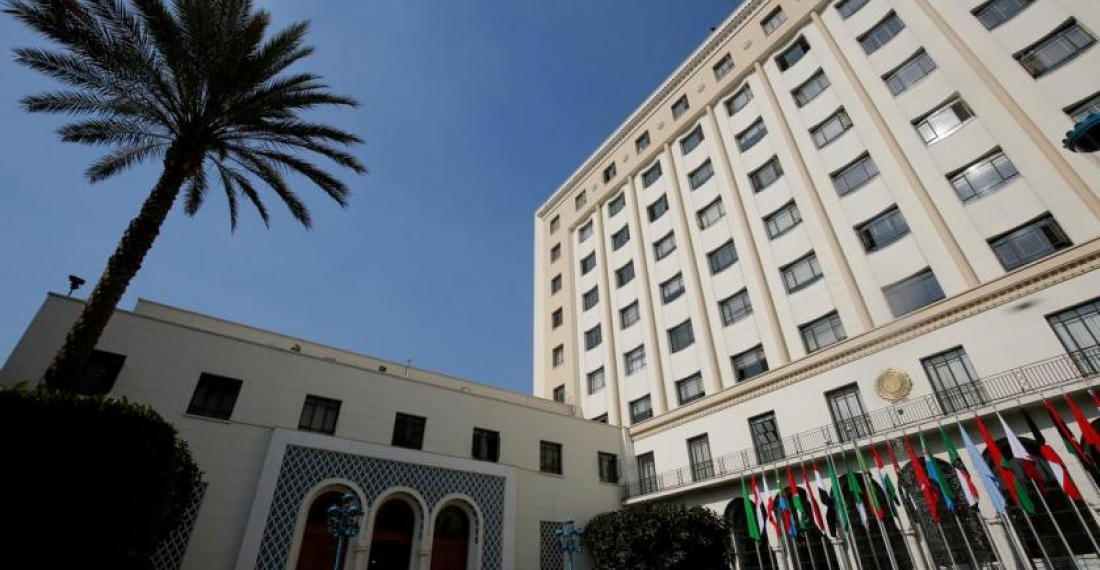China's efforts to extend its influence in the Arab World are set to get a boost in December, with the first Arab-Chinese summit due to be hosted by Saudi Arabia.
The Arab League stated that it represents a milestone in the strategic partnership between Arab countries and China. The League's assistant secretary-general, Khalil Al-Thawadi, stated this during the opening of the third China-Arab Forum for Reform and Development, which was held through the digital platform with the Chinese side.
In his comments Al-Thawadi valued the efforts made by Chinese diplomacy to support Arab concerns and find peaceful solutions to the existing crises in the region, stressing the league’s keenness to strengthen its wide-ranging relations with China.
He called for concerted international and regional efforts to find political solutions to these crises and regional issues in accordance with international legitimacy resolutions and relevant conventions and references, to enhance opportunities for a political solution, and to reject regional interference in the internal affairs of Arab countries.
Earlier this year, Arab League Secretary-General Ahmed Aboul Gheit and Zhai Jun, ambassador and special envoy of the Chinese government in the Middle East, discussed various issues including cooperation between the Arab world and China.
Aboul Gheit said he valued China’s support to Arab countries in providing vaccines and support during the COVID-19 pandemic. This reflected the level of “friendship and cooperation” between the two sides.
The source said that Aboul Gheit thanked China for supporting the Arab League in international forums and in the Security Council, including on the Palestinian issue. He also praised China for its support of the UN Relief and Works Agency for Palestine Refugees in the Near East, in light of the agency’s financial distress.
source: commonspace.eu with Arab News (Jeddah)
photo: Arab League headquarters in Cairo (archive picture)







